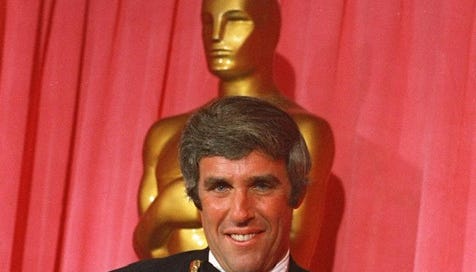Burt Bacharach, whom this writer once met, died at his Los Angeles home. The artist was 94 years old. Bacharach’s death marks the demise of thoughtful, story-driven popular music—trimmed with optimism—which was once part of American culture. His distinctly melodic music, with lyrics by his primary artistic partner, the late Hal David, was at once gentle, haunting and insistent, shuttling between melancholy and cheerful bop. By the late 20th century, his signature pop music had been reduced to mockery by comedian Mike Myers, who credits the sultry Bacharach/David ballad “The Look of Love” for inspiring the popular Austin Powers parodies. Demand for bitter-tinged, introspective pop romanticism faded, generally giving way to demand for mid-tempo percussive pop, often spewing vulgarity in spoken words.
Mr. Bacharach’s tunes run like a whisper of yearning songs through turmoil, from the first Bacharach/David hit for Perry Como to songs by the Carpe…
Keep reading with a 7-day free trial
Subscribe to Autonomia to keep reading this post and get 7 days of free access to the full post archives.




